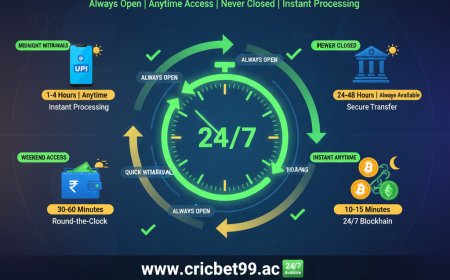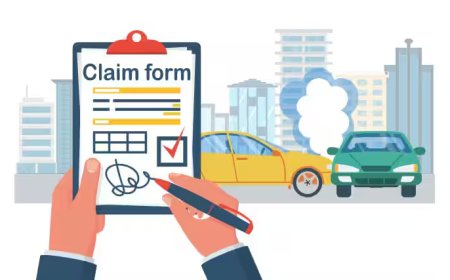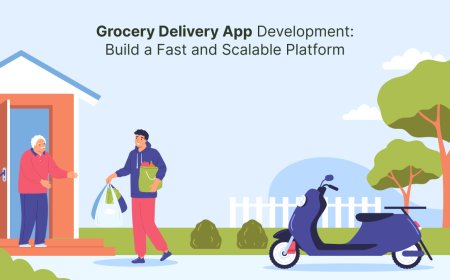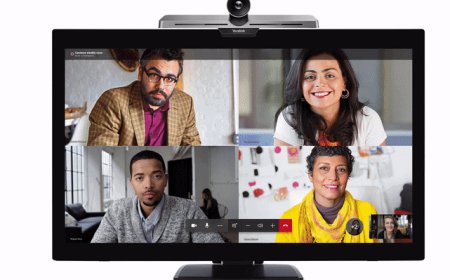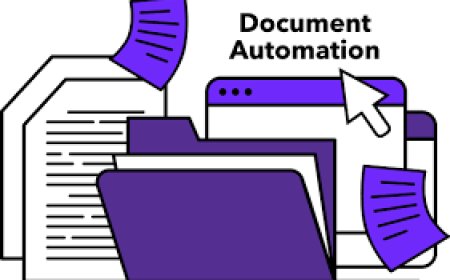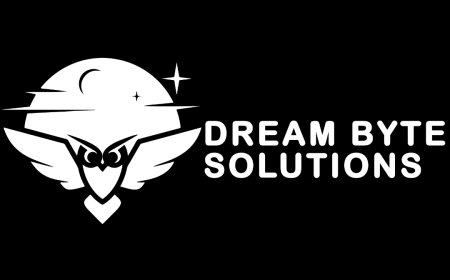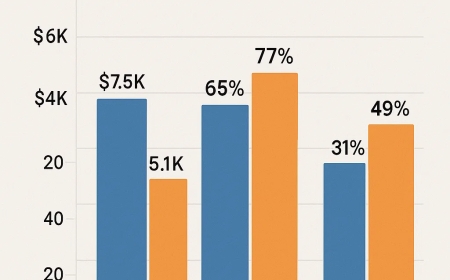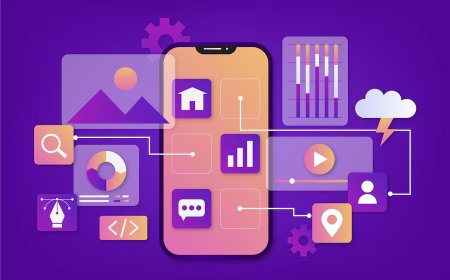Top Loyalty Management Solutions to Drive Customer Retention
Loyalty management solutions refer to the platforms, tools, and strategies businesses use to design, implement, and monitor customer loyalty programs.
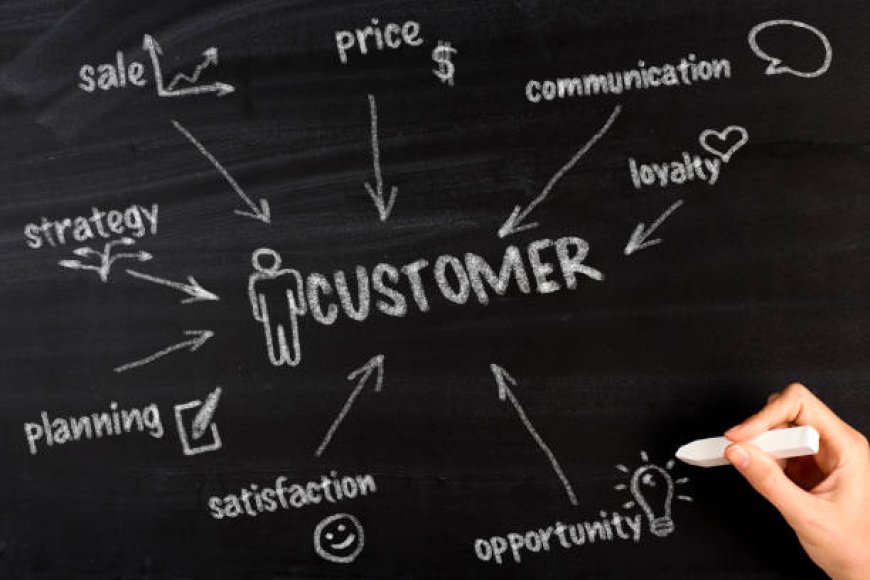
In todays competitive marketplace, businesses are constantly striving to differentiate themselves and retain their customer base. One of the most effective ways to achieve this is through loyalty management solutions. These systems are designed to reward customers for their continued engagement, purchases, and brand advocacy, ultimately leading to higher customer satisfaction, improved brand loyalty, and increased revenue.
What are Loyalty Management Solutions?
Loyalty management solutions refer to the platforms, tools, and strategies businesses use to design, implement, and monitor customer loyalty programs. These solutions often involve advanced technologies like CRM integrations, data analytics, mobile apps, and personalized marketing tools. They help businesses create structured reward programs that engage customers, encourage repeat purchases, and turn casual buyers into brand advocates.
Modern loyalty platforms go beyond basic point-collection systems. They enable businesses to customize rewards, segment audiences, and offer multi-channel engagement through email, mobile apps, and in-store experiences. Loyalty management has now become an integral part of customer experience strategy for forward-thinking companies.
Key Benefits of Loyalty Management Solutions
-
Enhanced Customer Retention
Retaining existing customers is significantly cheaper than acquiring new ones. Effective loyalty management solutions provide incentives that make customers more likely to return, thus reducing churn and increasing customer lifetime value.
-
Data-Driven Insights
These platforms collect valuable data about customer behavior, preferences, and purchasing patterns. This data can be analyzed to gain insights and tailor marketing strategies accordingly, leading to more effective campaigns and improved customer targeting.
-
Personalized Customer Engagement
Personalization is a cornerstone of modern marketing. With robust loyalty solutions, businesses can offer personalized discounts, birthday rewards, or recommendations based on purchase historyenhancing the overall customer experience.
-
Increased Revenue
Loyal customers tend to spend more and are more likely to try new products. Implementing loyalty strategies leads to higher average order values and increased frequency of purchases.
-
Brand Advocacy and Referrals
Satisfied and loyal customers are more likely to refer others to the brand. Many loyalty management solutions offer referral programs that incentivize customers to spread the word, boosting organic growth.
Features of Effective Loyalty Management Platforms
To deliver these benefits, an ideal loyalty management system should include:
-
Omnichannel Support: Consistent experiences across in-store, online, and mobile platforms.
-
Customizable Rewards: Flexibility to design points-based, tier-based, or gamified reward systems.
-
Real-Time Analytics: Access to dashboards and performance metrics for quick decision-making.
-
CRM Integration: Seamless connection with existing customer relationship management tools.
-
Automated Campaigns: Ability to trigger offers or messages based on specific customer actions or milestones.
These capabilities ensure businesses can craft a customer journey that keeps engagement high and encourages continued loyalty.
Popular Types of Loyalty Programs
To maximize the potential of loyalty management solutions, its important to choose the right type of loyalty program:
-
Points-Based Programs: Customers earn points for purchases and redeem them for discounts or products.
-
Tiered Programs: Users unlock different levels with increasing benefits based on their spending or engagement.
-
Paid Loyalty Programs: Customers pay a fee to access premium perks, such as free shipping or exclusive access.
-
Coalition Programs: Multiple businesses join forces to offer shared loyalty benefits, increasing the programs value.
-
Gamified Programs: These include challenges, badges, and rewards for completing specific tasks, making the experience fun and engaging.
With the right loyalty management solutions, any of these models can be adapted and managed efficiently to suit the business type and customer base.
Choosing the Right Loyalty Management Platform
When selecting a loyalty platform, businesses should consider:
-
Ease of Use: The solution should be user-friendly for both administrators and customers.
-
Scalability: It should be capable of growing with the business and supporting multiple locations or channels.
-
Customization Options: Ability to align the program with brand identity and customer preferences.
-
Security and Compliance: Ensure the platform adheres to data privacy regulations and provides secure customer data storage.
Additionally, platforms with APIs and third-party integrations allow businesses to create a seamless tech stack, enhancing the overall effectiveness of their customer engagement strategy.
Real-World Application and Success Stories
Many global brands attribute their customer loyalty and long-term growth to robust loyalty management solutions. For instance, Starbucks Rewards uses an app-based loyalty system to offer rewards, mobile ordering, and personalized deals. This has driven a significant portion of their repeat business and increased customer frequency.
Similarly, Sephoras Beauty Insider program combines tier-based rewards, exclusive events, and personalized offers. The brand has successfully created a community of loyal, engaged customers who are emotionally connected to the brand.
In both cases, the businesses leveraged powerful loyalty platforms to build long-term relationships with their customers while continuously optimizing the user experience through analytics and feedback.
Loyalty Program Integration and Customer Retention Strategies
Successful loyalty initiatives dont operate in isolationthey are part of broader customer retention strategies. Businesses often integrate loyalty programs with CRM, email marketing, and customer service platforms to create a unified retention strategy. This approach ensures that customer data is used holistically to provide timely and relevant incentives, boosting long-term satisfaction.
A well-structured loyalty program can also serve as a feedback loop, encouraging customers to share reviews or suggestions, making them feel more involved with the brand.
The Future of Loyalty Management Solutions
As technology continues to evolve, the future of loyalty management will likely see increased use of AI, machine learning, and blockchain. AI can help businesses personalize offers with more precision, predict customer churn, and automate engagement. Blockchain, on the other hand, is being explored for transparent and secure reward systems, especially in coalition and cross-brand programs.
Moreover, sustainability and ethical practices are also shaping consumer preferences. Brands may start rewarding environmentally responsible behaviors, like recycling or eco-friendly purchases, through their loyalty systems.
Conclusion
Implementing loyalty management solutions is no longer a luxuryits a necessity for any business seeking sustainable growth and customer engagement. With the right tools, companies can not only retain their existing customers but also convert them into passionate brand advocates. From data-driven insights to seamless omnichannel experiences, modern loyalty systems are redefining how businesses build relationships and thrive in todays competitive landscape.








&srotate=0)


